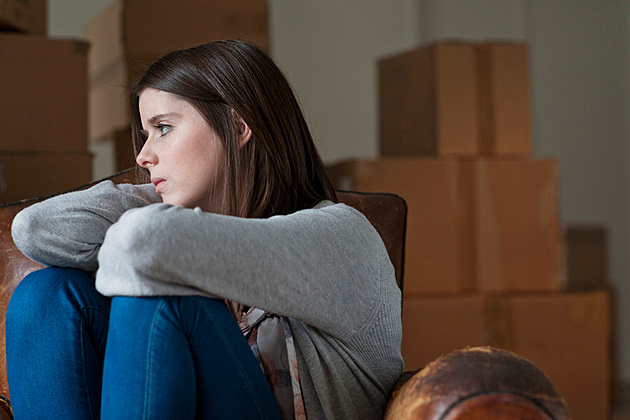Helping your children cope with your divorce
Psychologist and childcare expert Penelope Leach discusses how to minimise the impact of family breakdown for children

The still-growing body of research offers today's mothers and fathers a new understanding of their own and each other's importance, and according to that research, parents matter to children even more and for even longer than we knew. It is because parents — fathers as much as mothers — are so crucial to children's growth and wellbeing, (from before birth, through childhood and into adulthood, and perhaps another round of parenting), that parental separation turns lives upside down.
But, there are ways of minimising the ongoing impact on children and young people.
Here are my top tips for parents who are separating:
• Try not to let yourself drown in your own misery so that you forget your children are miserable too; having parents living apart is always disruptive, and almost always sad. Concentrate on doing what you can to make it easier for everyone.
• Do talk to your children about the forthcoming separation and listen to what they say. Even toddlers will already have sensed the unhappiness and anger in the home and need an age-appropriate version of what is happening.
• Do everything you possibly can to make your children understand that your separation is not in any way their fault. Sadly a lot of children secretly go on feeling guilty, so keep on telling them that it's nothing to do with them, the responsibility is only the adults.
• Having parents separate is a huge change for children, even babies who are too young to understand what is happening, or students who no longer live full time at home. Try to keep other aspects of life – where they live, go to school or nursery, play sports and so forth – stable at least for the first months while they are getting used to seeing their parents only one at a time.
• Make sure no child loses contact with either parent even for a few weeks. You may not love each other any more but the children still love both daddy and mummy. However angry or hurt you may be, keep reminding yourself that a person who was a loving and beloved parent last week doesn't stop being so this week because he or she has started an affair.
• Fathers matter as much as mothers. Of the lone parents in the UK, 92% are women. But even where a child’s age and her relative closeness to each parent mean that it’s in her best interests to be based with the mother, it's vital that she sees her father too. Research shows that children who have close relationships with their fathers achieve higher levels of education, form better friendships (among both sexes), are less likely to be in trouble with the police, and are less likely to smoke. And women who had good father relationships at aged 16 went on to have better marriages and better feelings about themselves.
• Try to make arrangements for the children between yourselves rather than fighting over them until the court says what should happen. Working together for the children's good will not only reduce the financial costs of your separation it will also reduce the children's pain. As well as making sure that the children don’t lose a parent because you are losing a spouse or partner, make sure that the breakdown of your marriage does not deprive the children of grandparents, aunts, uncles, cousins. Extended families are extra-important when nuclear families explode.
Family Breakdown: Helping Children Hang On To Both Their Parents by Penelope Leach is published by Unbound and costs £12.99
More inspiration:
Read Love, loss and recovery – moving out and moving on by David Head on LifeLabs









